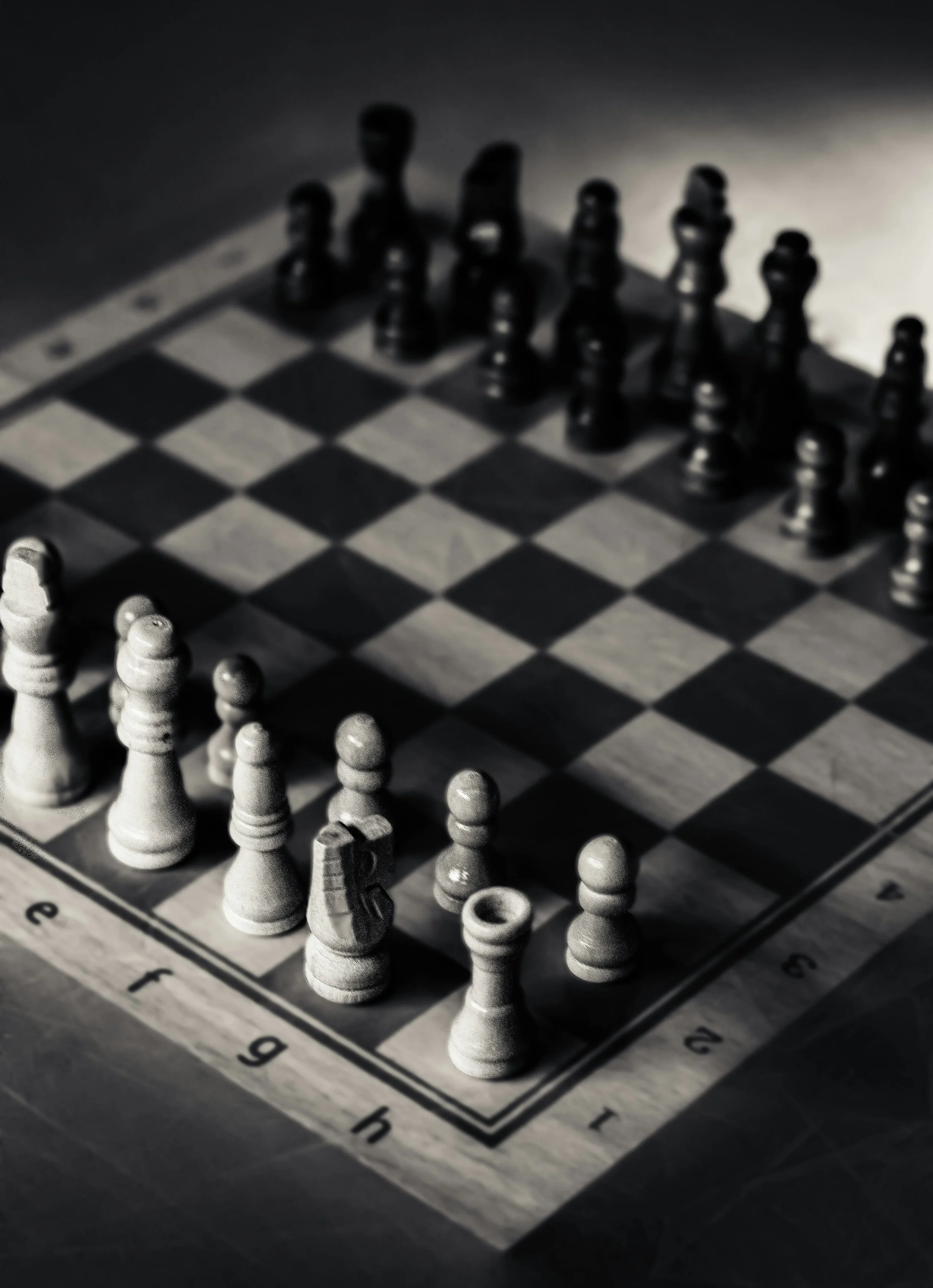Raised in privilege, starved of presence
The Emotional Orphans of the Upper Class
There is a particular kind of suffering that rarely gets spoken aloud because it feels, on the surface, too privileged to count. We might refer to it as ‘benign neglect.’
The children of boarding schools, second homes, ski seasons in Gstaad, immaculate manners and parents who “gave them everything.”
Except themselves.
I see these clients every day:
Polished
Articulate
High achieving
Deeply lonely
Emotionally undernourished
Running so fast they’ve forgotten what they’re running from
Material abundance + emotional famine = a very particular kind of psychic wound.
It creates an insatiable hunger for validation.
The world sees privilege. The child remembers absence
Growing up in affluence creates two incompatible realities:
What outsiders assume:
Opportunity
Stability
Advantages
“Lucky”What the child actually experiences:
Distance
Pressure
Conditional worth
Loneliness in beautiful surroundings
When your parents give you the world but not their presence, you learn early:
Love is something you perform for, not something you freely receive.
Boarding schools: the beautifully packaged abandonment
Boarding schools tend to be marketed as “character building” but what they actually build is:
hyper-independence
emotional shutdown
identity confusion
competition
brittle self-worth
exquisite manners masking profound insecurity
resilience that’s actually dissociation
The emotional wound hurts more because everyone applauds the system that created it.
How do you grieve an abandonment that society prizes?
Raised by institutions, not intimacy
For many of these children:
adults supervise, but don’t attach
peers bond, but don’t nurture
structures support, but don’t soothe
performance is rewarded, but feelings are not permitted
So they become products - immaculate, polished, impressive - instead of people.
They grow up knowing how to dress, socialise, compete, win, and suppress.
They do not grow up knowing how to feel.
Identity becomes a costume
When you’re raised in environments obsessed with image, tradition, legacy and reputation, you become a curated self:
well behaved
well educated
adaptable
accomplished
emotionally mysterious
relationally avoidant
terrified of disappointing
hesitant to be known
Your personality becomes a performance for the audience that applauds the loudest.
Your inner world?
Often untouched. Always unknown. Not only to others but also to yourself.
The emotional poverty hidden behind material wealth
Privileged children often carry invisible wounds because their suffering is considered illegitimate.
Adults around them say, “But you had everything,” while the child silently thinks, “Except you.”
In adulthood this becomes:
achievement as self-worth
avoidance of emotional intimacy
fierce independence masking unmet dependency needs
chronic loneliness
attraction to partners who feel familiar - not fulfilling
perpetual identity confusion
the inability to sit with one’s own internal world
They learn to excel everywhere except in relationships - the place they are most starving for connection.
Patterns in romance
Men often split themselves in two. The man they are in public, and the boy they are in private.
For that reason they remain caught between two types of women:
The woman he can take to a dinner party, emotionally remote and “acceptable.” She fits the version of himself he’s been performing since prep school.
She’s chosen for optics not intimacy.
This is not the woman who will hold him in his darkest hour.
The second woman activates the real unarmoured self.
She sees the fracture lines and touches parts of him that have never been held.
She makes him feel something unfamiliar, safety, but he doesn’t know how to sustain that level of visibility.
With her he could finally stop performing but he’s scared of the damage she could do and the damage she could find.
Women repeat a similar pattern. They choose partners like they’re selecting a Bordeaux:
correct pedigree
legacy profession
acceptable surname
boarding school → Oxbridge → City pipeline
someone who “fits” the family mythology
But these choices replicate the very emotional neglect they grew up with.
Prestige becomes the primary attachment style.
They keep choosing people who look right, not people who can love them right.
Both genders inherit the same script:
Better to repeat the wound you know than risk the rejection of your real self.
The spiritual bypass detour
There’s another predictable chapter in the story, the spiritual pilgrimage.
You can map it almost geographically:
London → heartbreak → burnout → Buddhist temple
A year in Asia
Vipassana retreat
Yoga teacher training
Ayahuasca in Peru
Rewilding workshops
Cold plunges
Spirituality offers a socially acceptable escape hatch *yes I’m guilty of this too
It’s still dissociation.
Just with better branding.
These men and women are not lost; they’re hiding - attempting to step into a new identity without ever returning to the original wound.
Real healing isn’t aesthetic. It’s the opposite of bypass. It requires:
Removing the armour, shedding the curated self, and meeting the untouched person beneath - often for the first time.
Choosing differently means breaking the generational cycle
The turning point in therapy is never:
a promotion
a marriage
a child
a house
a spiritual awakening
The turning point is always the same moment:
“I don’t know who I am without the story I was raised to perform.”
This is where the work begins.
To stop choosing people who replicate your emotional starvation.
To stop confusing success with value.
To stop mistaking opulence for substance.
To stop performing a childhood you never agreed to.
To stop striving and start feeling.
To stop numbing and start noticing.
To finally cultivate a self that is not curated, but claimed.
I know this world from the inside
This culture of polish, of pleasing, of perfection, of performance.
I’ve lived the language, the customs, the pressures, and the silences.
It’s why I can name it so precisely.
Why my clients feel recognised, not analysed.
Privilege doesn’t protect you from pain
It only hides it in nicer rooms.
And healing - real healing - is the moment you stop living the life that was expected of you and start living the one that finally feels like your own.

